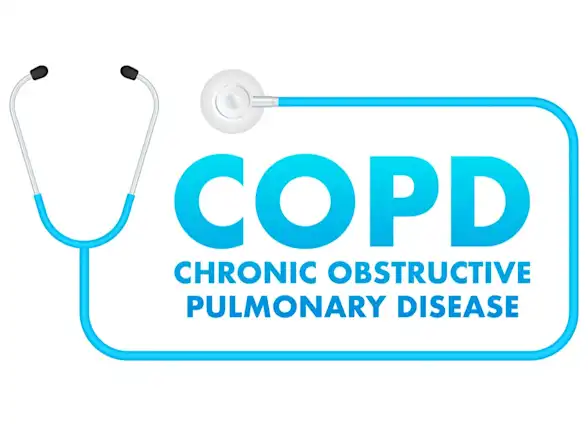Questions to Ask About COPD Diagnosis
Use this list to help prepare questions for the provider about COPD diagnosis. This will help you make the most of the appointment.
Get insurance benefits, legal documents, and medical records in one place

Helpful Highlights
Write down questions a few days in advance to make sure all concerns are included.
Do not limit yourself to these questions; ask others as you think of them.
If your loved one has been diagnosed with chronic pulmonary obstructive disease (COPD), you both will likely have a lot of questions. Your first resource should be the healthcare team, as they can help navigate any confusion or uncertainty. Asking the most relevant questions will help you know what to anticipate and how to take action.
Use this list to help prepare questions for the doctor ahead of time. This will help you make the most of your loved one's next appointment.
Diagnosis
Discuss when to call in a non-emergency. For example, some doctors want to be called at the first sign of a cold or other respiratory problem.
What are some signs that breathing is getting worse and I should call the provider?
If the person you care for has other medical conditions—such as diabetes, obesity, osteoporosis, heart disease, or others—ask how those conditions should be considered in daily routine/activity and the care you give.
How can they better manage their symptoms and still go about their daily activities?
How do I look after my loved one’s emotional, as well as physical, well-being?
It’s common for people with chronic illnesses to become depressed or anxious, how do you recommend approaching this?
What can I expect as COPD progresses?
Although this may be a difficult conversation, it’s important to know what might happen in the future so you can be prepared. Arm yourself with as much information as possible so that you can make informed choices about future treatment and ongoing care.
Ask if oxygen therapy will help. If yes, do I need it at all times?
If my loved one requires oxygen, how is it handled in various settings?
At home, ordering
While out running errands
At hospitals and other healthcare facilities
At the airport, on the plane
What do I need to do when planning to travel?
Will my loved one be referred to a pulmonologist?*
*A pulmonologist is a physician who specializes in the lungs. In early-stage COPD, it may not be necessary for the primary care provider to refer your loved one to a pulmonologist, though as COPD progresses, the primary care provider will defer to this specialist. This does not mean that your loved one will stop seeing or communicating with their primary care provider, only that the pulmonologist will be the lead provider specifically for COPD.
No content in this app, regardless of date, should ever be used as a substitute for direct medical advice from your doctor or other qualified clinician.
Get more support and guidance on insurance benefits, medical records and legal forms.
Helpful brings together your insurance benefits, legal documents, and medical records in one personalized place — so you always know what you have, and never have to search again.

Technology for Health Tasks. Mental Health for the Tough Stuff.
Helpful connects your medical records, insurance, and caregiving tasks automatically. And when you need more than logistics, a therapist is here to guide you.
In-Network and Covered
For Individuals, Couples and Families
HIPAA Compliant, Data Stays Private


Healthcare Tasks Simplified

From syncing records to spotting drug interactions, Helpful does the heavy lifting, turning complex health info into clear tasks and showing you benefits you can actually use, giving you clarity and control over your care.

In-Network Mental Health

Our licensed therapists are here to support you and your loved ones through stress, burnout, and life’s hardest moments, with an inclusive, compassionate approach that works with most insurance plans.

Create Legal Documents

Plan ahead by creating will, trusts, advance directives and more, that ensure your wishes are honored in the event you can’t speak for yourself -with Helpful guiding you every step of the way.